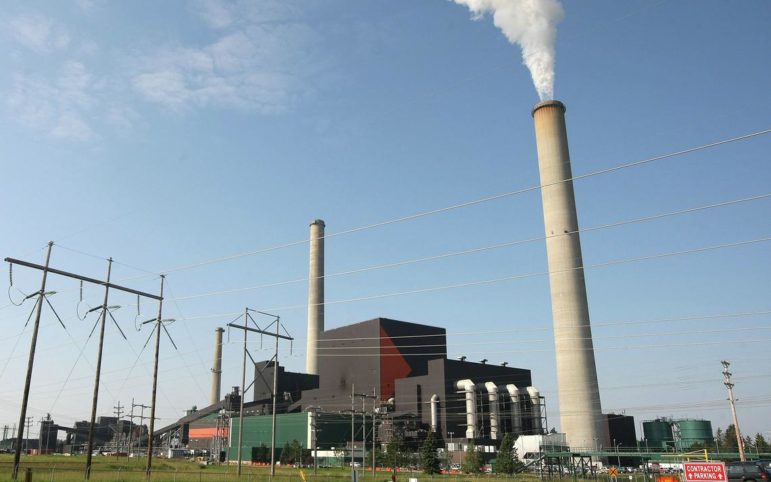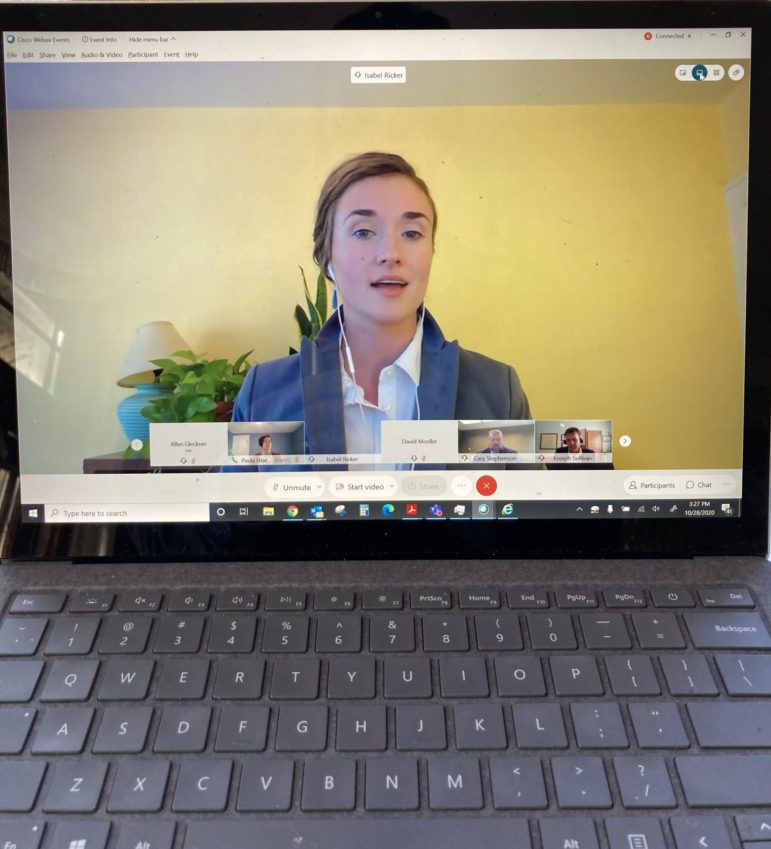
Fresh Energy is deeply committed to reducing carbon emissions in Minnesota’s electricity sector while at the same time keeping costs for consumers as low as possible. To help Minnesota meet its carbon reduction goals, Fresh Energy staff have spent the past two years investigating coal plant operations—including the practice of “must-running” these plants all year long.
Thanks in part to our analysis and advocacy, two utilities have already made changes that will generate huge carbon and cost savings. Early this year, Xcel Energy announced it would change operations at two of its coal plants (Allen S. King and Sherco 2) to a “seasonal operations strategy” which means the plants will not run at all in spring and fall. And in April, Otter Tail Power began offering its Big Stone Plant in South Dakota “economically,” which allows the wholesale market (in this case two different wholesale markets!) to run the plants only when electricity prices are high. These are exciting developments and we applaud Xcel Energy and Otter Tail Power for their work to cut carbon and customer costs. But there is more work to do!
After an initial evaluation in 2019, the Public Utilities Commission requested all of Minnesota’s Investor-Owned Utilities (Minnesota Power, Otter Tail Power, and Xcel Energy) file extensive details on their coal plant operations. Utilities made their filings in March of this year, and since then Fresh Energy and partners including the Sierra Club have committed hundreds of hours to deep analysis with the goal of making a data-driven, practical, and ambitious recommendation for improving coal plant operations. The Commission’s investigation is especially important this year in light of the economic recession, tightening household budgets, and falling electricity demand.
“Minnesotans are facing unprecedented economic challenges right now. It is unacceptable that customers could be needlessly overpaying for electricity due to an old paradigm of continually running coal plants,” said Isabel Ricker, Senior Policy Associate, Energy Markets at Fresh Energy. “Utilities should take every step to minimize costs–including being more strategic and efficient in their coal plant operations.”
Fresh Energy, Sierra Club, and others concluded that current operations at many coal plants are in fact, costing customers more money due to significant plant operating losses. Fresh Energy made several recommendations to the Commission, which included:
- Recommending Minnesota Power move some or all of the coal-fired Boswell plant in Cohasset, Minn., to economic operations as soon as possible and provide a full cost-benefit analysis comparing the various operational strategies available to it.
- Recommending Otter Tail Power provide more information on its coal contract at Coyote Station near Beulah, N.D., and do a cost-benefit analysis of changing to economic market operations at this plant, like it has at Big Stone Plant.
- Recommending Xcel Energy evaluate the opportunities for market-based operations at its Sherco 3 coal-fired plant in Becker, Minn.

Xcel Energy and Otter Tail Power have already demonstrated that changing how coal plants run is feasible, cost effective, and beneficial to customers and the environment. We are pleased to share that the Commission is taking this issue very seriously and moving the ball forward. At a hearing on October 28, the Commission adopted our recommendation that utilities to provide the specific coal plant analyses described above, and made clear that utilities will be held accountable for providing a complete investigation of these issues and making future coal plant operations decisions that are in their customers’ interest.
Fresh Energy’s goal is to replace coal plants as quickly as possible with renewable energy, energy efficiency, and carbon-free technologies like energy storage, while ensuring a just transition for plant host communities and the labor force. However, these changes do not happen overnight. In the near-term, running coal plants only when those plants are economic in electricity markets will help us make significant progress toward Minnesota’s carbon reduction goals while saving money for all customers.
